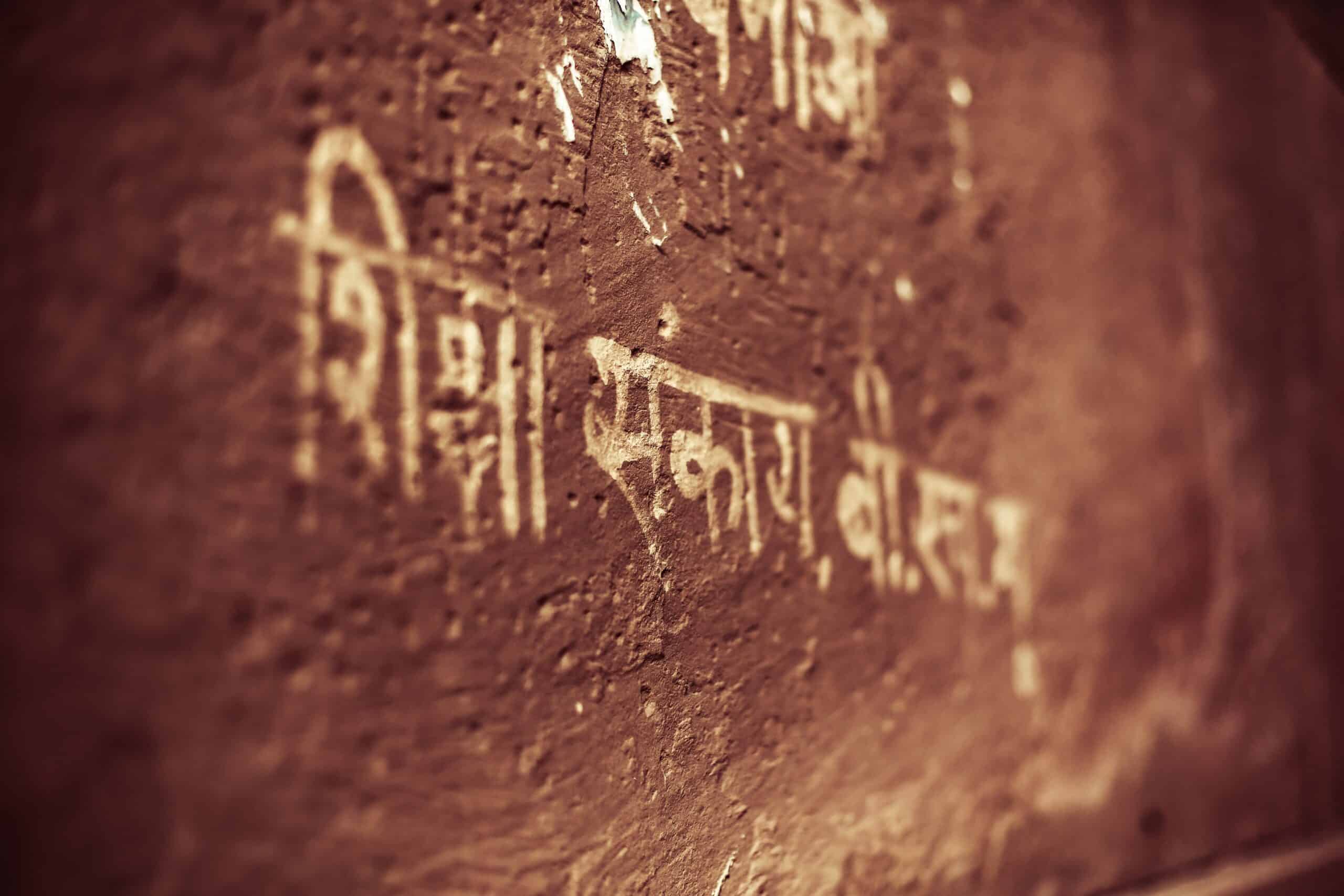Sanskrit is one of the oldest languages (if not the oldest) on earth. It has a recorded history of approximately 3500 years (this is just what is written; oral Sanskrit goes way further back!), and it still manages to become very relevant to this date due to its incredible richness and immense capabilities.
Sanskrit words have an ENORMOUS range of meanings. These types of words are usually called polysemous words.
To give a random example, take the word kālakā कालका , which basically means ‘black or dark blue color’, or thus anything dark in general, but is at various times used to refer to the following:
-
Ink or blacking;
-
A dark spot;
-
Rust;
-
A fault or flaw in gold;
-
Change of complexion;
-
The liver;
-
A particular blood-vessel in the ear;
-
The line of hair extending from the pudenda to the navel;
-
A multitude of cloud;
-
Snow;
-
Fog;
-
The female of the bird Angārak;
-
A female crow;
-
The female of the bird Turdus macrourus;
-
A scorpion;
-
A small worm or animalcule formed by the fermentation of milk;
-
Name of several plants;
-
A kind of fragrant earth;
-
A name or form of Durgā;
-
A girl of four years old who personates the goddess Durgā at a festival held in honour of that deity;
-
A kind of female genius;
-
One of the mothers in Skanda’s retinue, name of various other characters’







